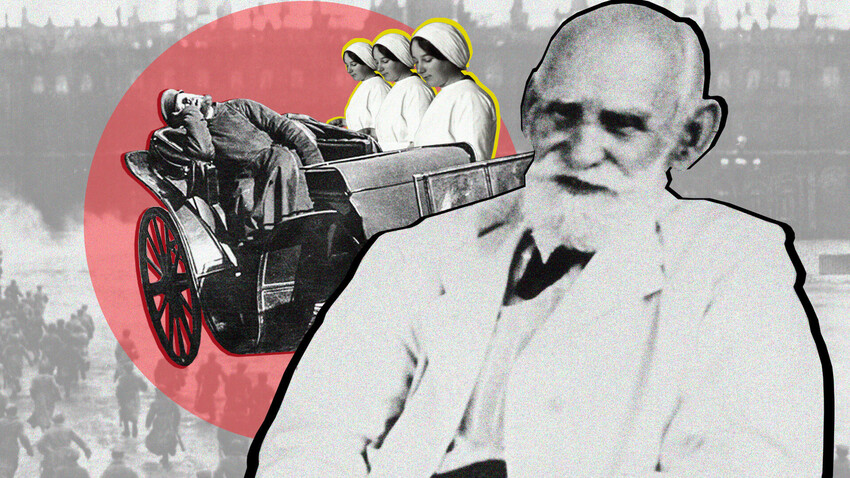
Ivan Kachalkin was lucky. Having sunk into the longest lethargic sleep in recorded history meant he narrowly avoided pre-revolutionary Russian medical treatment, which consisted of what you might think of as “alternative” healing: prayers, holy water, sauna or burning industrial hemp over the chest. He was, instead, supervised by doctors around the clock during his sleep.
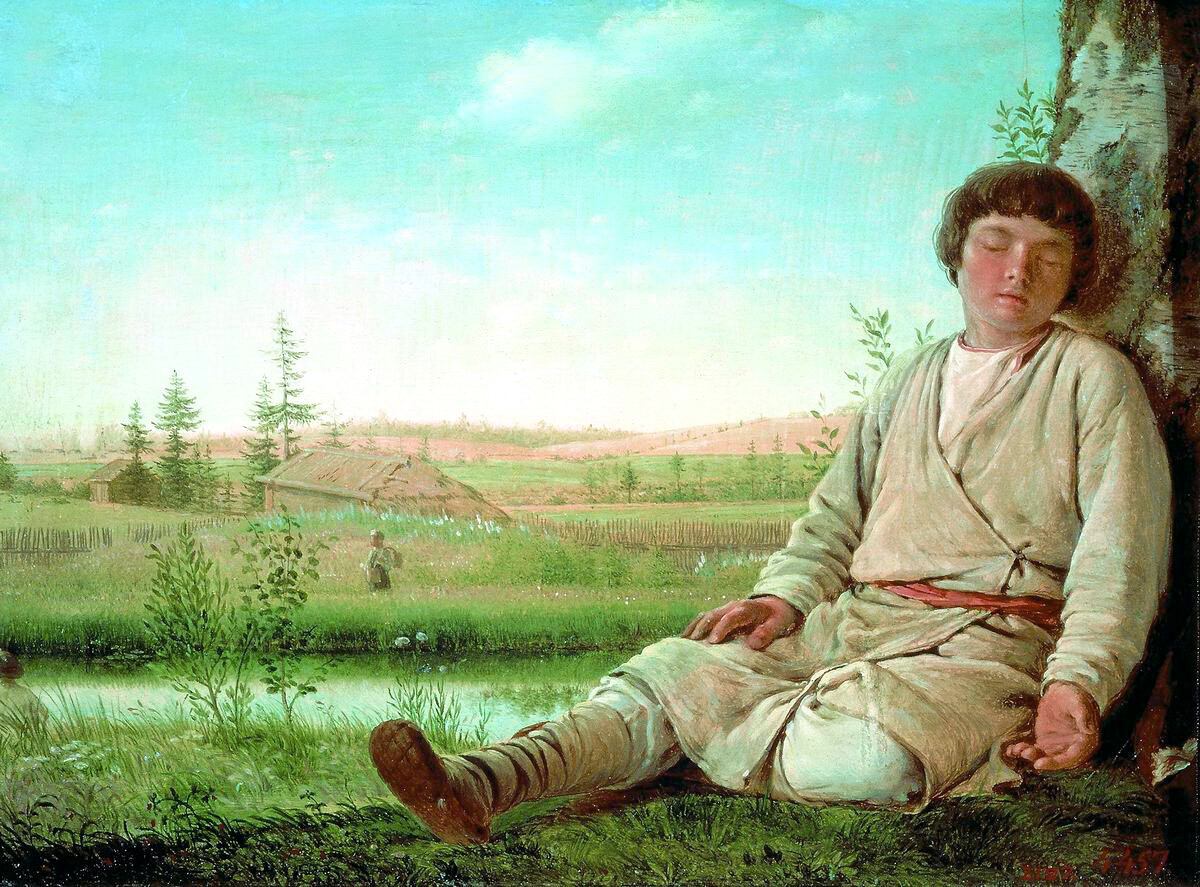
"Sleeping shepherd". 1823–1826, Alexei Venetsianov
State Russian Museum/Public DomainKachalkin was 38 when he lay down for his nap. But, it turned out to be such a deep one that every attempt to wake him up had failed. The year was 1896. At first, the Altai native showed some signs of life, with sudden hand movements and even opening his eyes slightly: this most certainly saved him from being buried alive, which was a real danger in those days, when it came to lethargic sleepers! The rare medical phenomenon piqued doctors’ interest and the patient was moved to the capital’s psychiatric ward, where he spent his days - or years - under constant supervision, using a gastric tube for feeding.
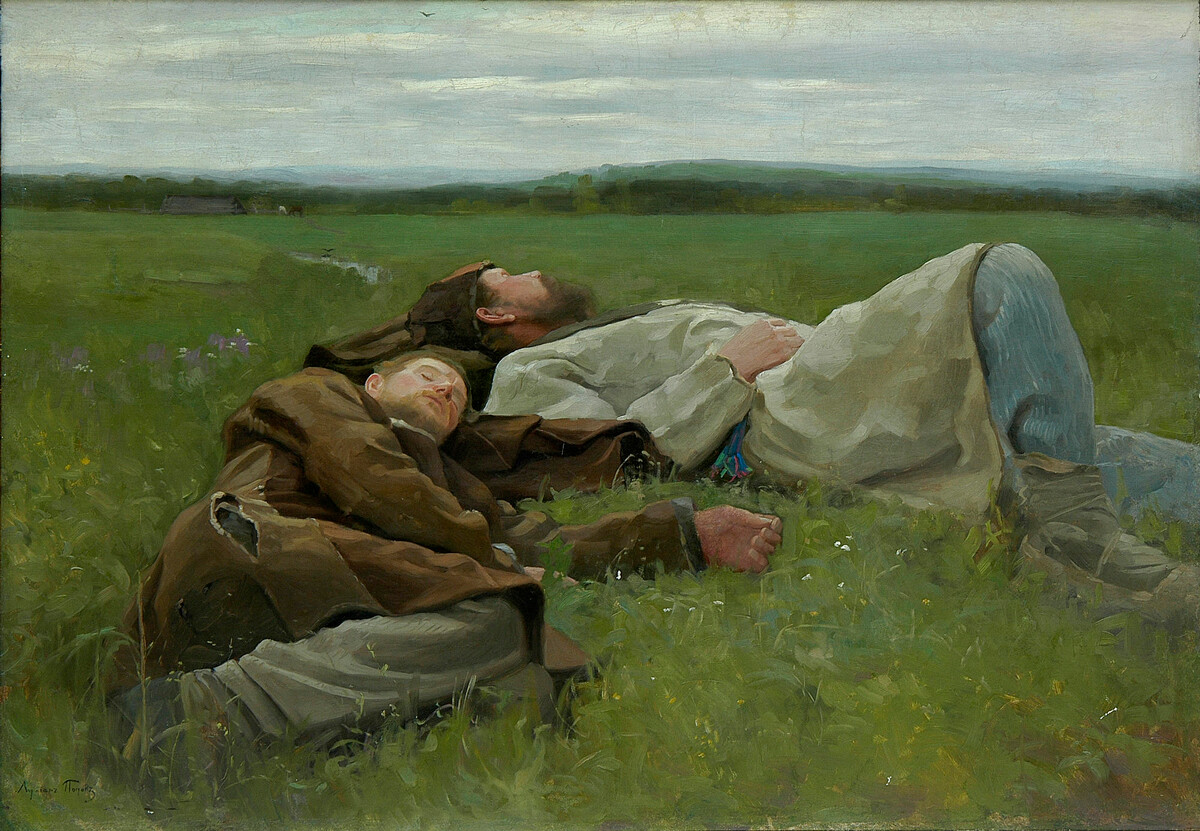
Hard Sleep, 1912, Lukian Popov
Orenburg Museum of Fine Arts/Public DomainHowever, two years had gone by and all prior physical activity had stopped: the lethargic sleep had taken on serious proportions, Kachalkin had completely stopped moving, his skin having become pale and cold to the touch, while the heartbeat plummeted to barely more than two beats per minute. He would spend another 20 years in this state!
Kachalkin was a unique patient, but truly became a sensation when he suddenly woke up in 1918. Scientists from Germany, Britain, the Netherlands and Austro-Hungary visited the “miracle” patient, who’d slept under personal supervision of Nobel laureate Ivan Pavlov. The following lines are from his personal patient notes:
“…At present, [the patient] can get out of bed. He talks a lot, and makes perfect sense. Regarding his past state, he claims he understood everything that was taking place around him, but felt a terrible, insuperable heaviness in the muscles, making it all but impossible to breathe. And this was the reason he didn’t move, eat or speak.”
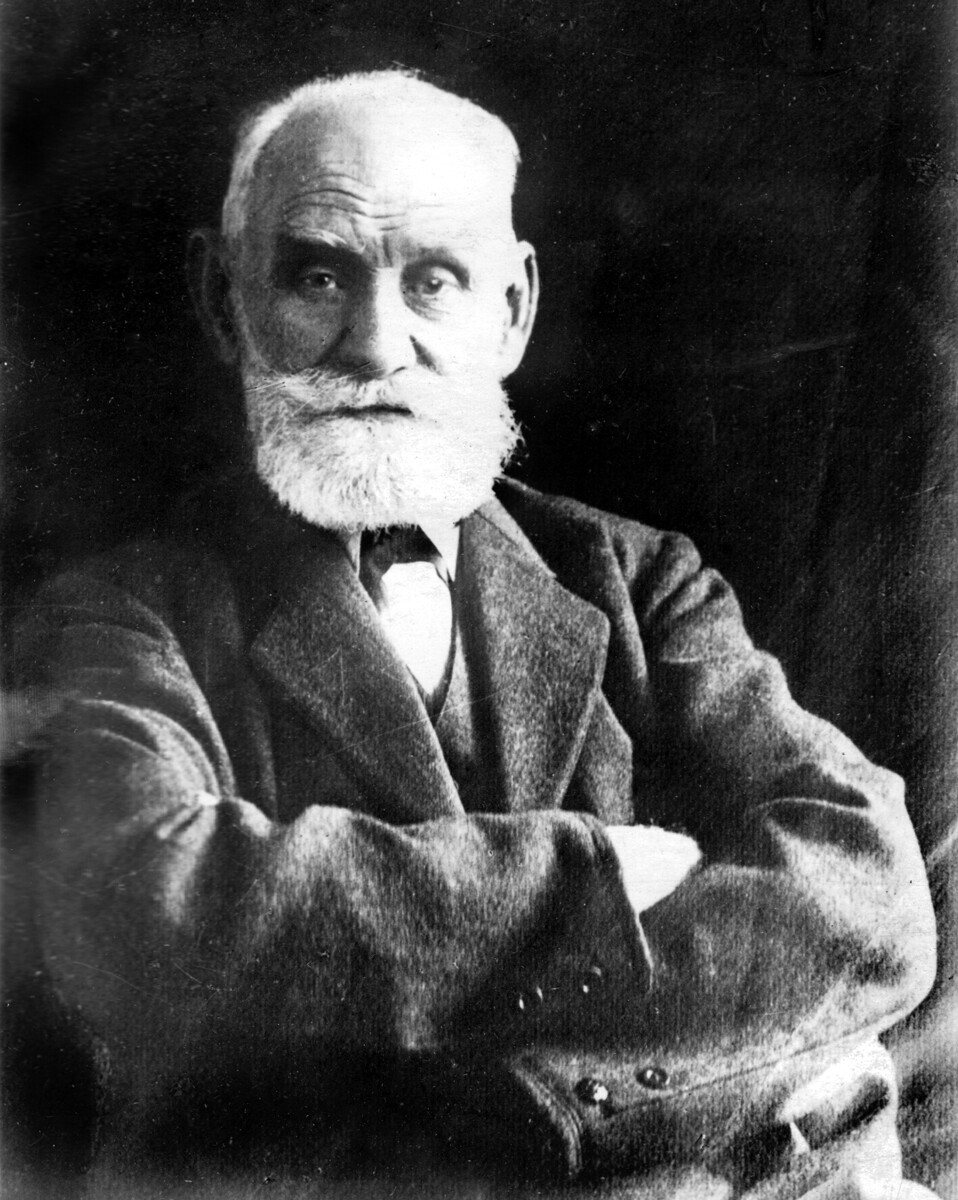
Ivan Petrovich Pavlov
Academy of Sciences of the USSR/Public DomainThat being said, the peasant did not live long after fully regaining consciousness, succumbing to a heart attack later that same year. In all the time he’d spent motionless, many of his internal organs atrophied and couldn’t handle the load after he came to. In the few remaining days, he also never fully recovered, having difficulty getting out of bed without assistance and walking slowly and with the aid of crutches; he was also only able to stomach liquid food.
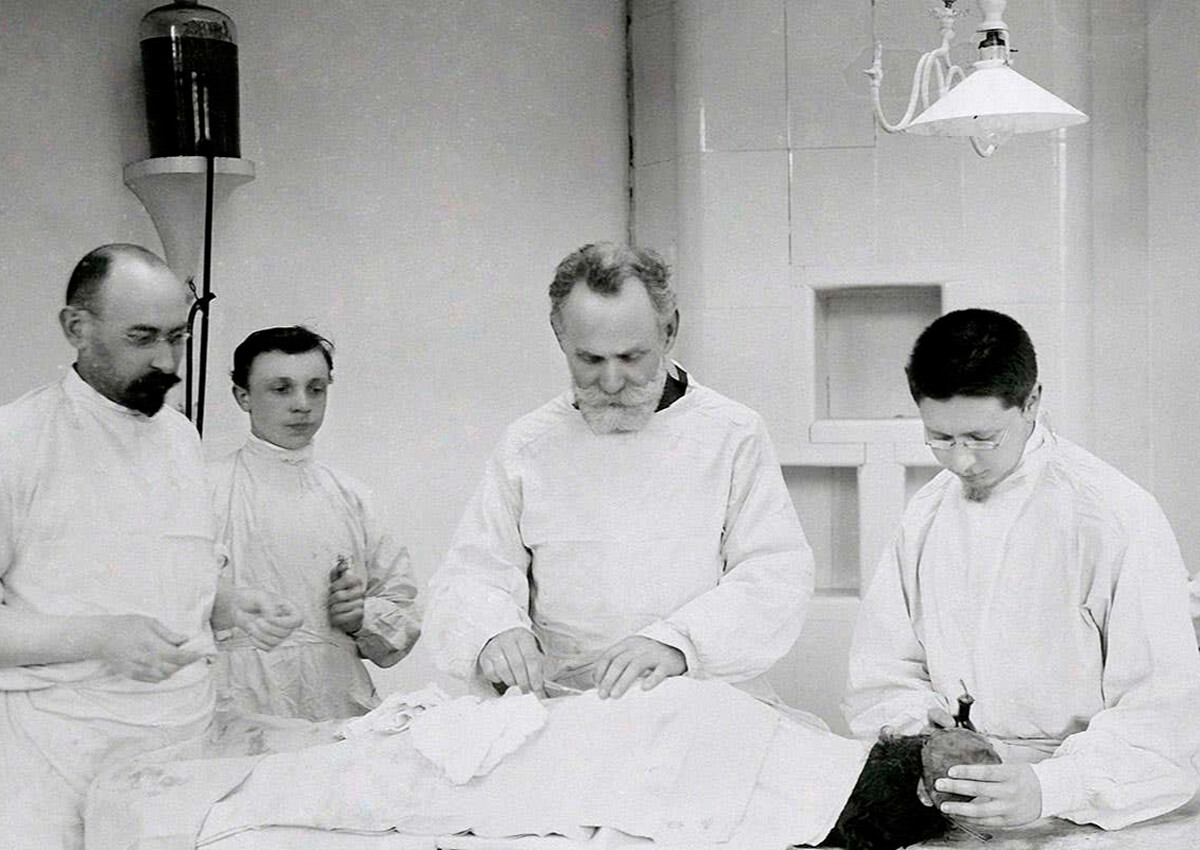
Ivan Pavlov
Public DomainKachalkin’s case was thoroughly investigated by scientists. Professor Pavlov, with his theory of sleep, posited one version. He believed that neural activity is marked by two processes happening in turn - starting and stopping. However, there are alleged exceptions: sometimes, stress can become so great, it sets in motion a defensive reaction to protect the nervous system - by slowing down all vital processes and sinking the person into a deep sleep. The case with Kachalkin was seen as a catatonic stupor - often a symptom associated with a whole host of psychiatric conditions.
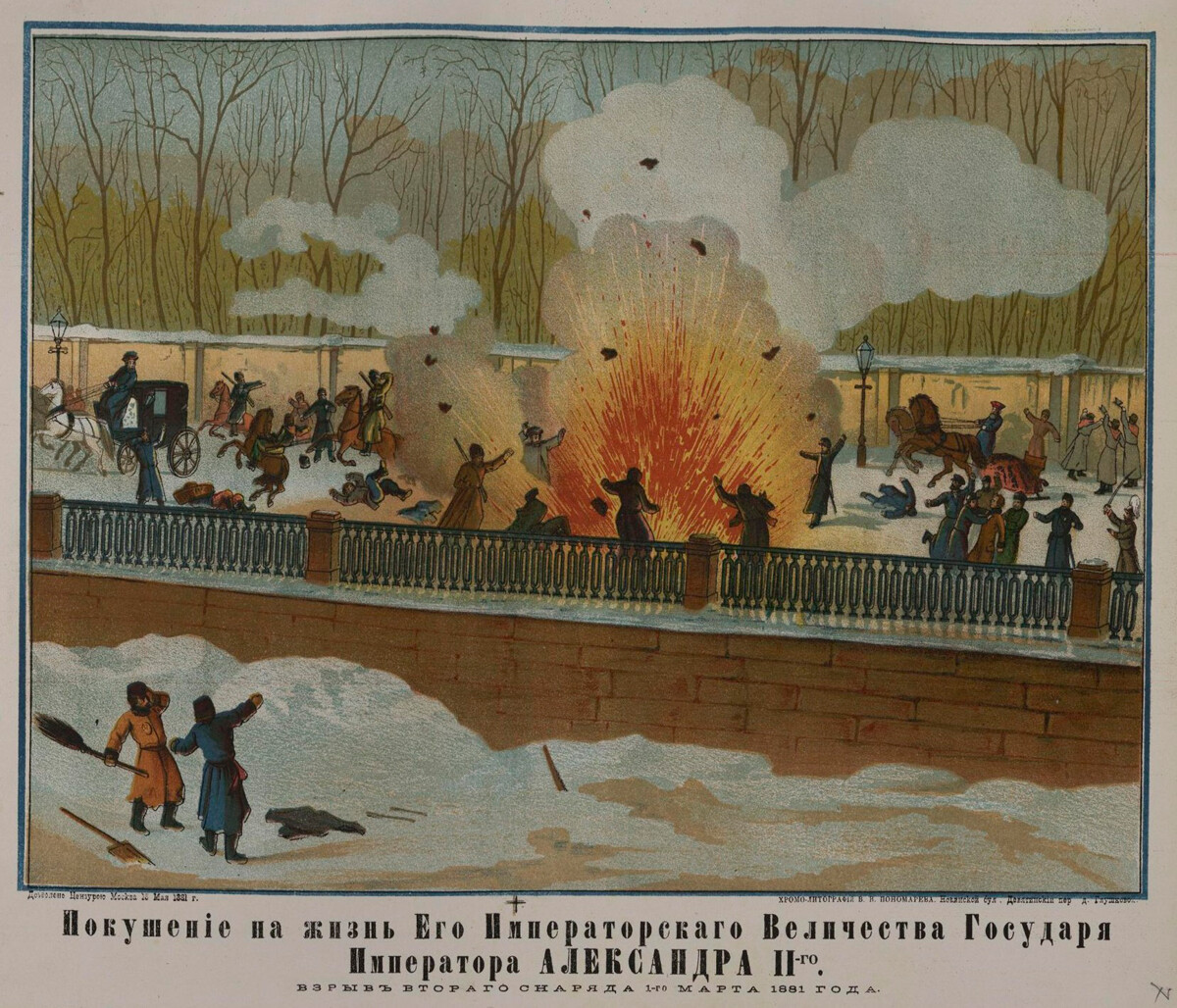
Assassination of Alexander II
Public DomainAccording to Pavlov, Kachalkin was simply way too emotionally stressed. The peasant was a fierce monarchist and took Alexander II’s assassination especially hard, as well as being worried about the political situation overall, including the subsequent death of Alexander III. All that drove him into bed, from which he wouldn’t get up for 22 years. However, in 1918, when hearing the medics discuss the execution of the entire Romanov royal family, he woke up from an even greater shock than the one that had sunk him into his catatonic sleep.
If using any of Russia Beyond's content, partly or in full, always provide an active hyperlink to the original material.
Subscribe
to our newsletter!
Get the week's best stories straight to your inbox